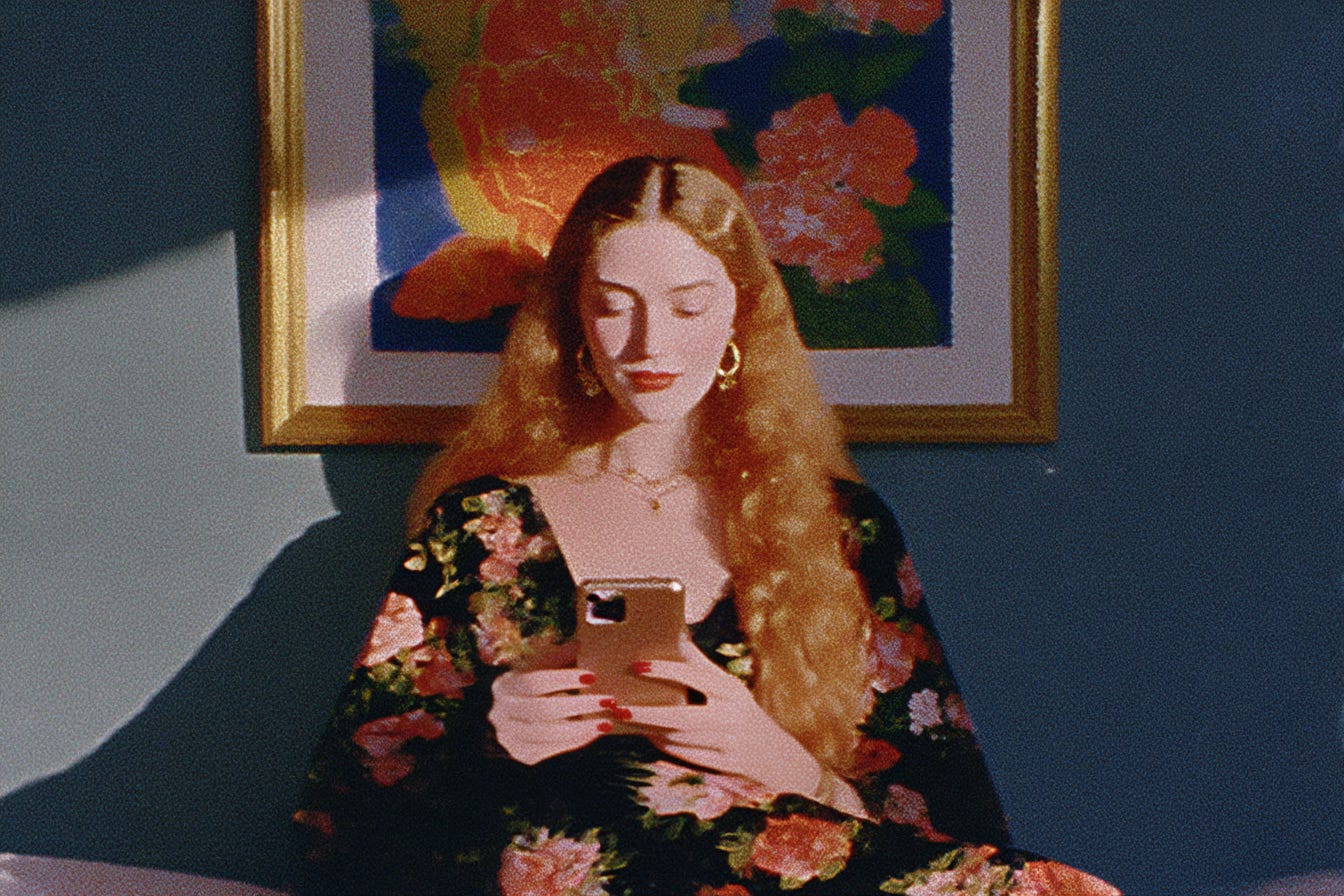sunk cost fallacy exists in your friendships, too
pruning your inputs, protecting your growth, and outgrowing what no longer fits
I was sitting across from someone I'd known for ten years, watching her complain about the same relationship patterns she'd been cycling through since we met, and I felt something shift inside me—not anger, not judgment, just a quiet recognition that I was no longer the person who found this conversation interesting. She was still her, I was still me, but the space between us had somehow stretched into something unnavigable.
This is how most friendships end, I think. Not with explosive arguments or betrayals, but with the slow realization that you've grown in directions that no longer intersect. That the person across from you is operating from a version of reality you've quietly moved away from, and returning to that frequency feels like putting on clothes that technically still fit but make you feel like you're performing someone you used to be.
When you're someone who changes quickly—who's actively building something, whether it's a business, a practice, or just a more intentional way of being—this happens more often than you'd expect. Your values shift. Your nervous system recalibrates to something quieter and more focused. What used to feel like connection starts feeling like static. You leave conversations feeling more scattered than when you entered them, though you can't quite name why.
This is where the sunk cost fallacy reveals itself in its most insidious form.
We know the concept from economics: the tendency to continue investing in something simply because we've already invested so much, even when it's no longer serving us. But nowhere does this show up more painfully than in relationships. We've been friends since college. She was there for me during my divorce. We've been through so much together. All of which might be true. All of which might also be completely irrelevant to what your life needs now.



